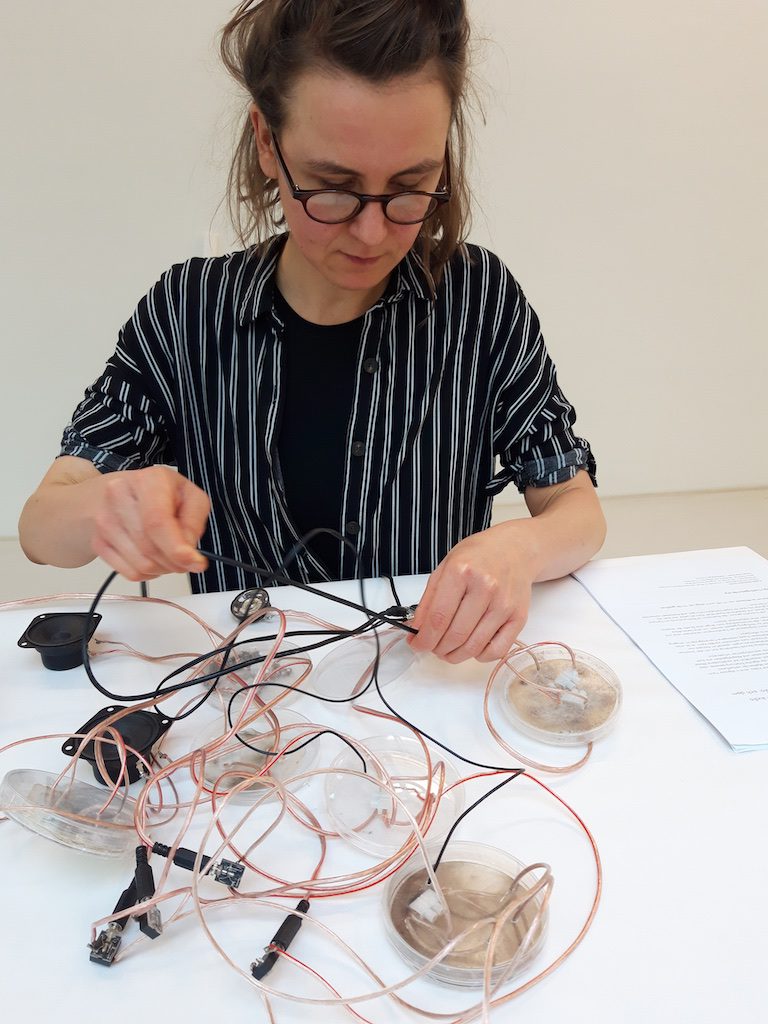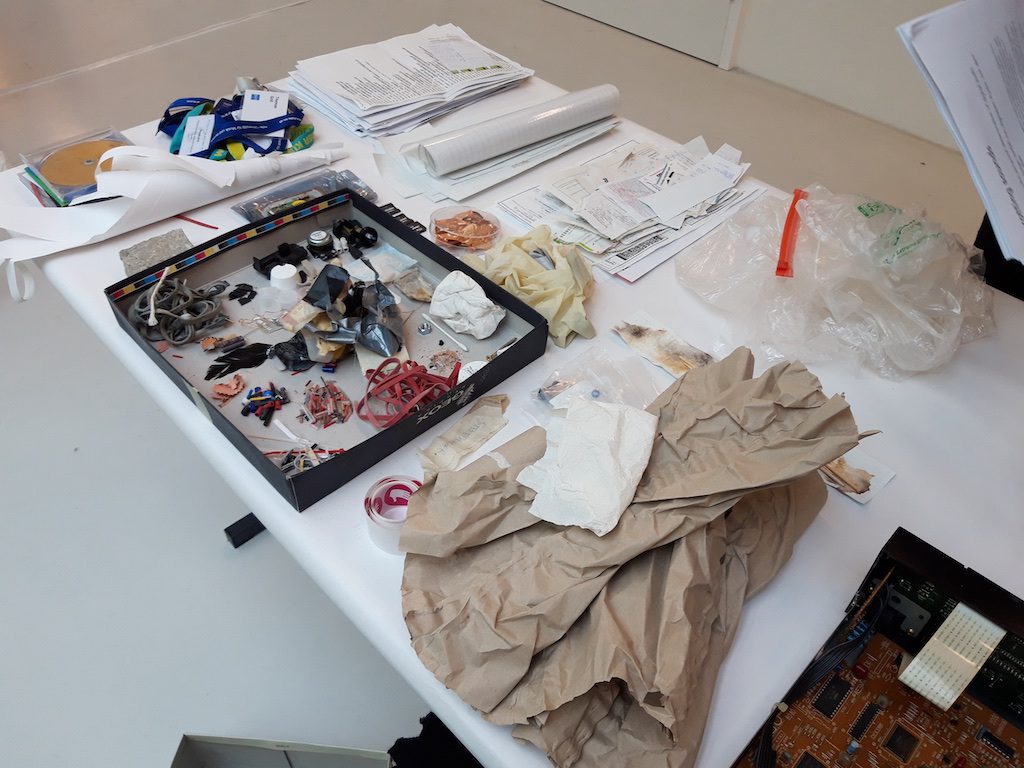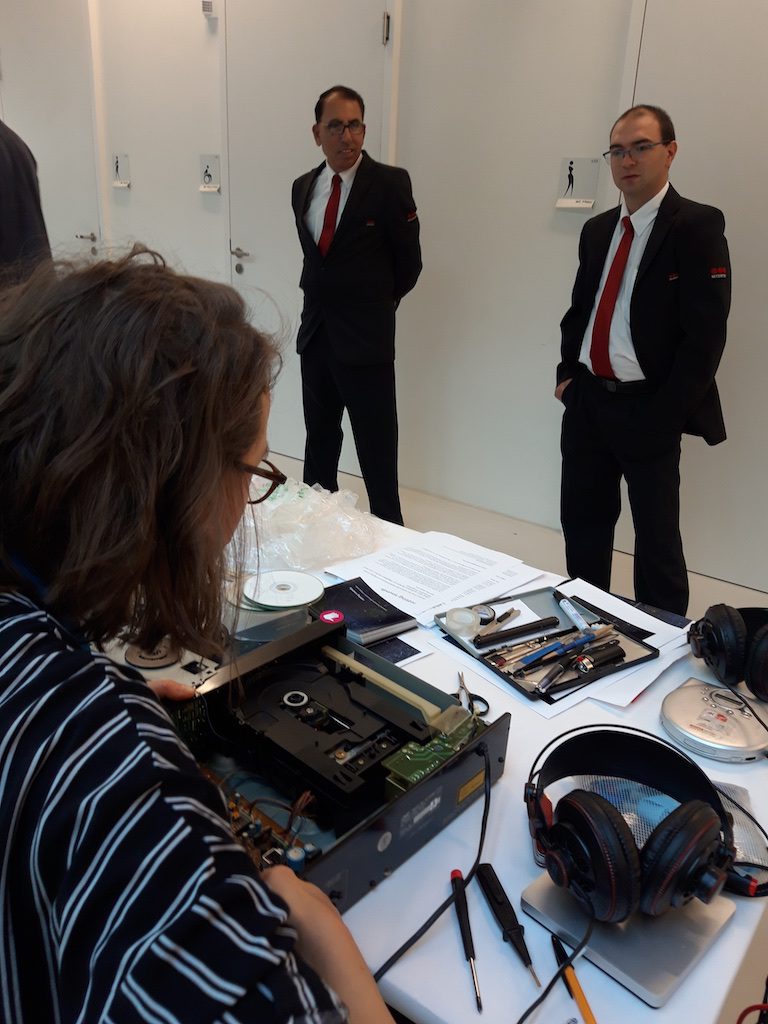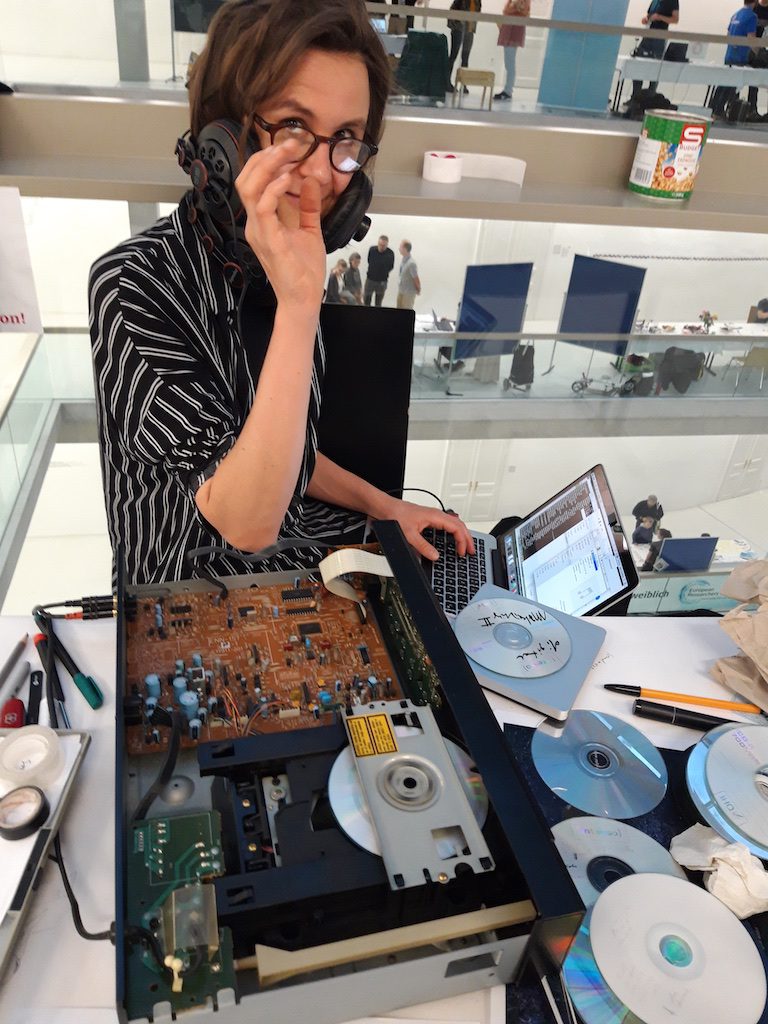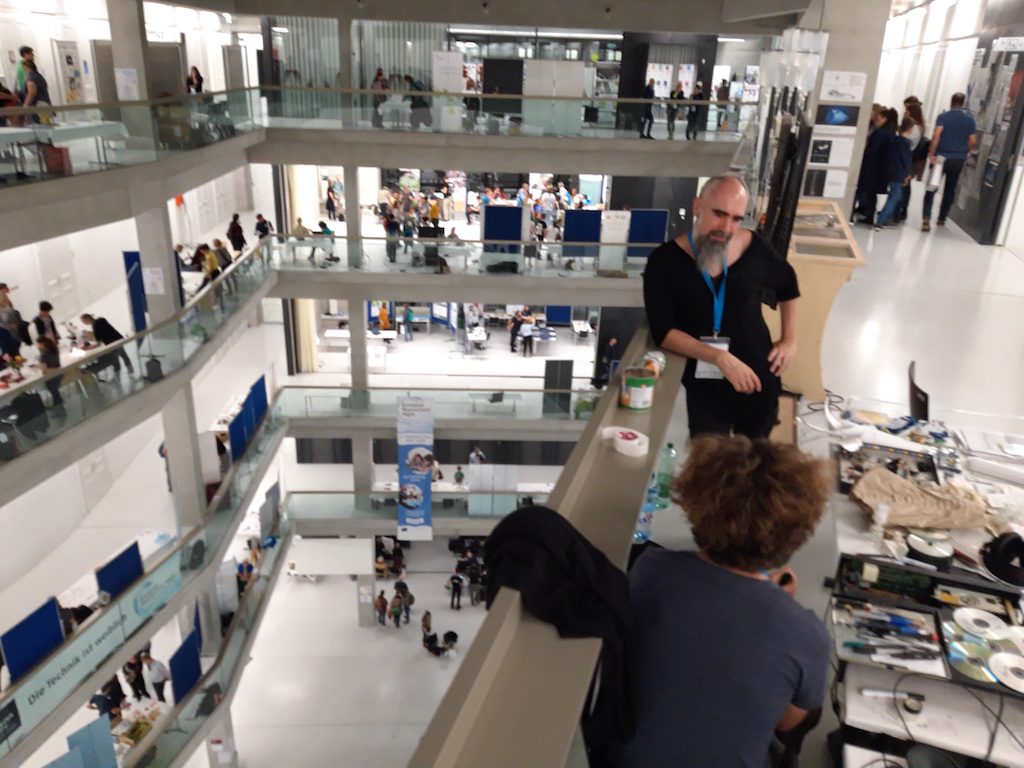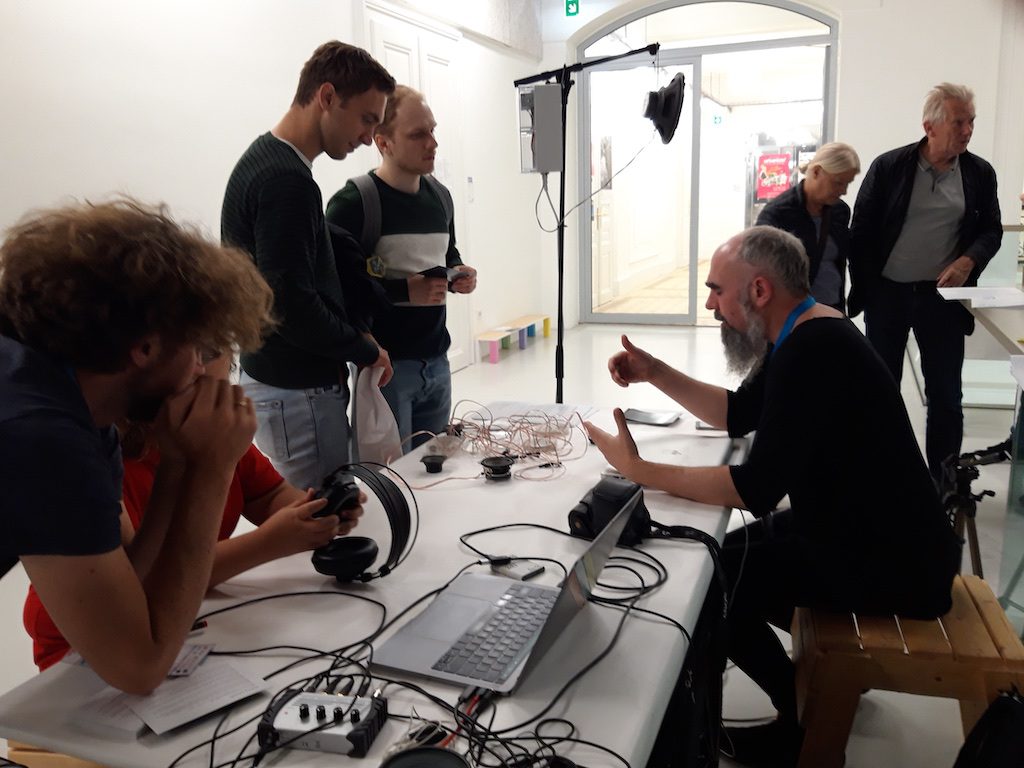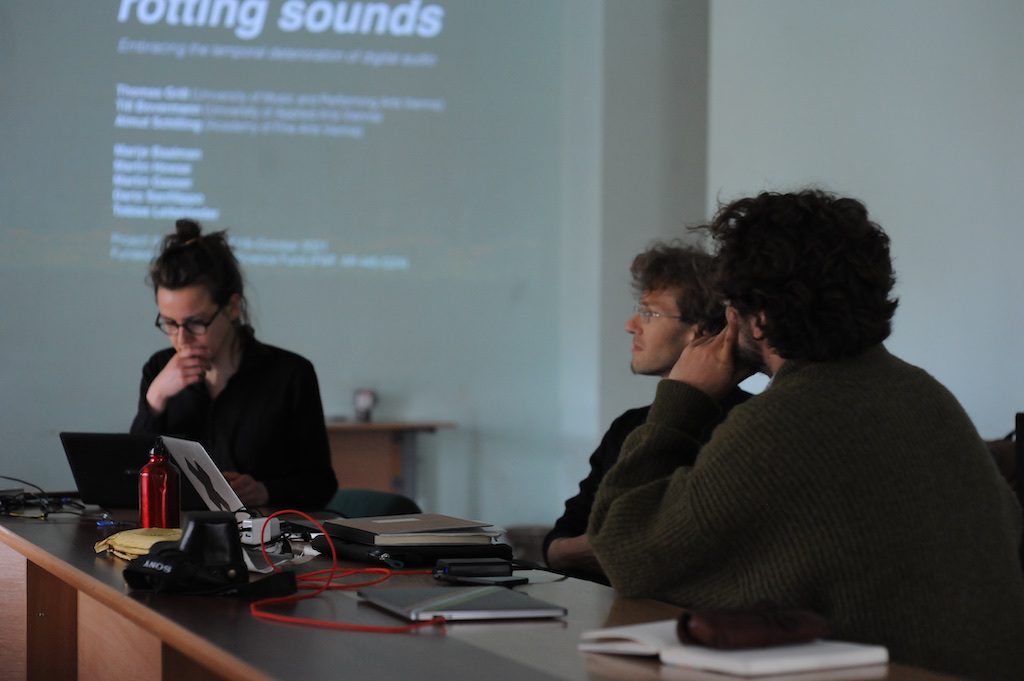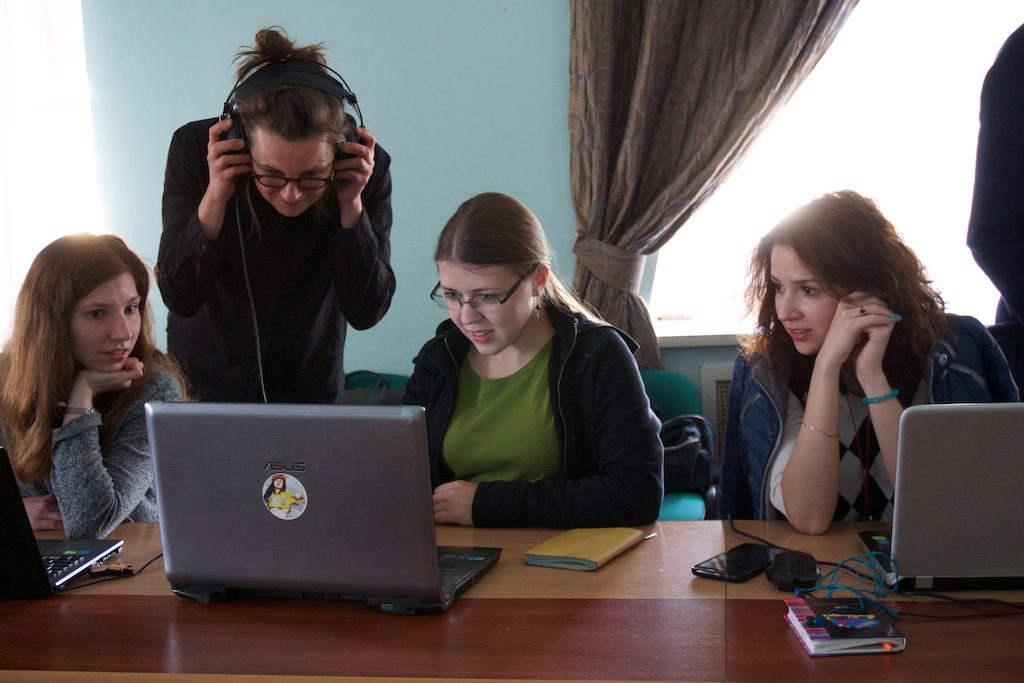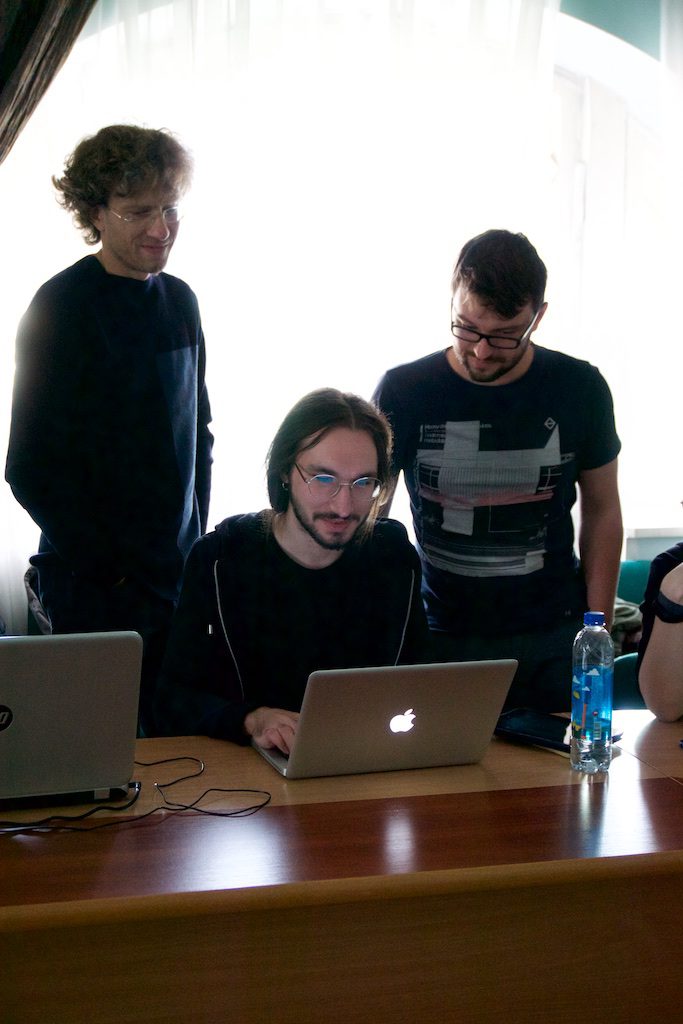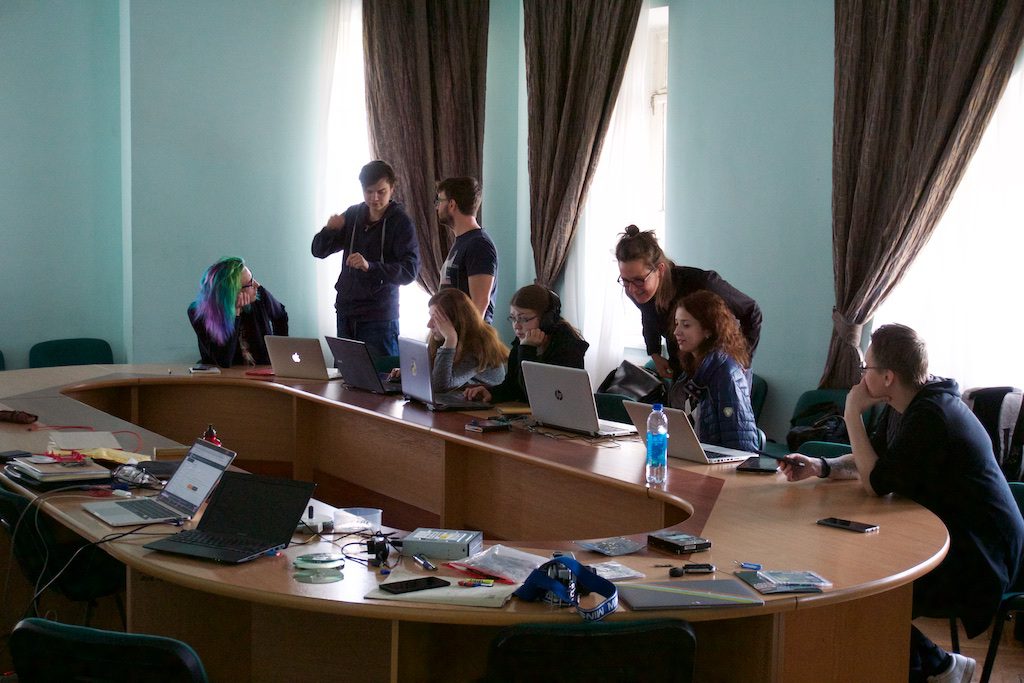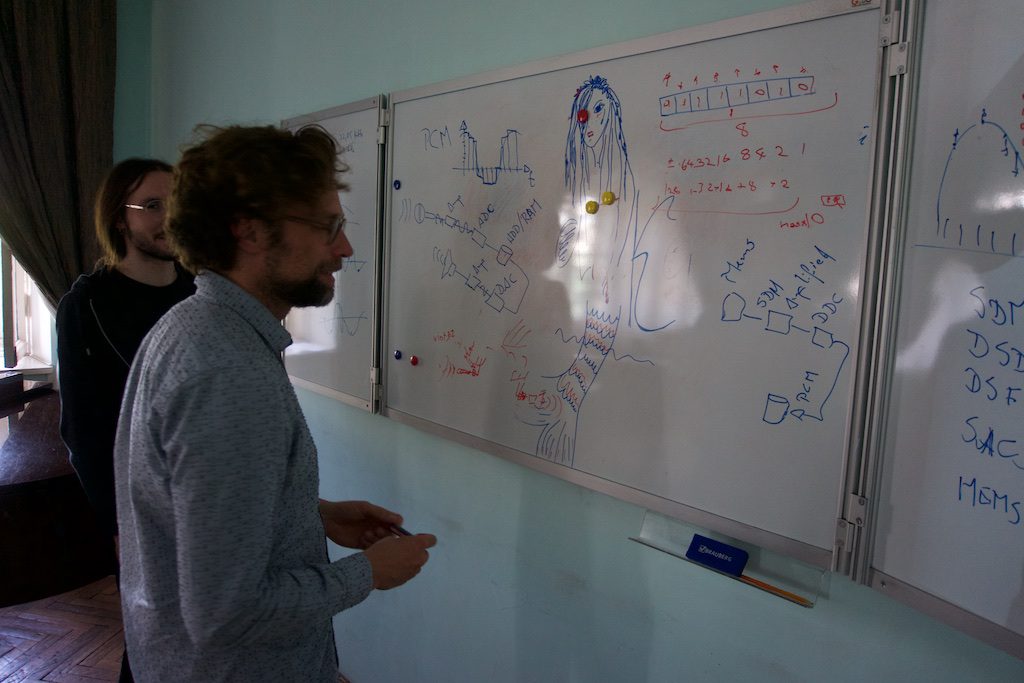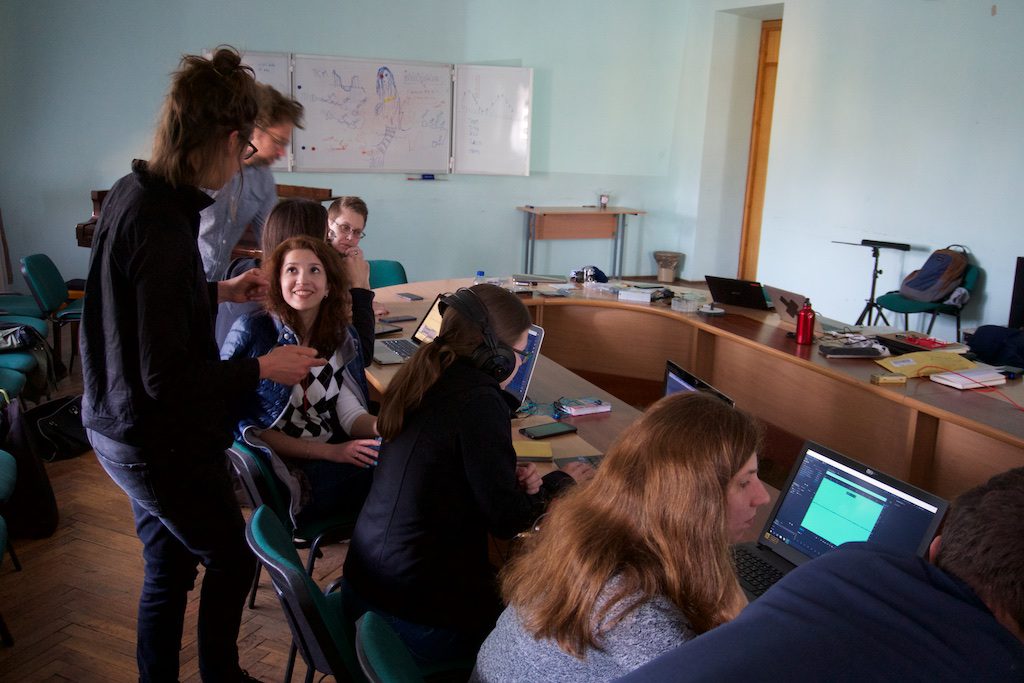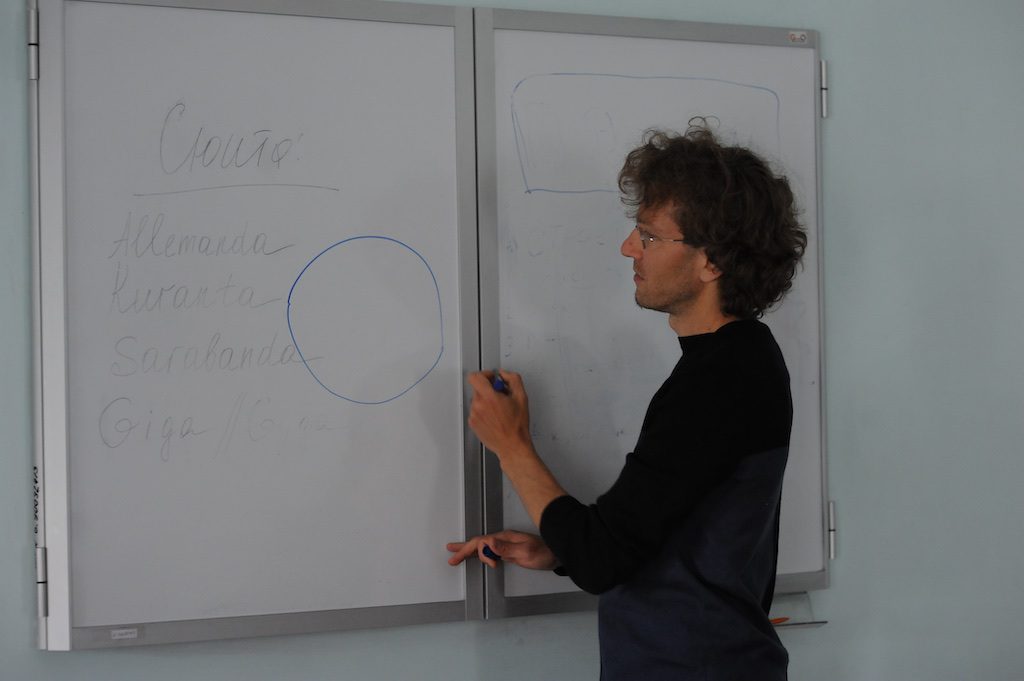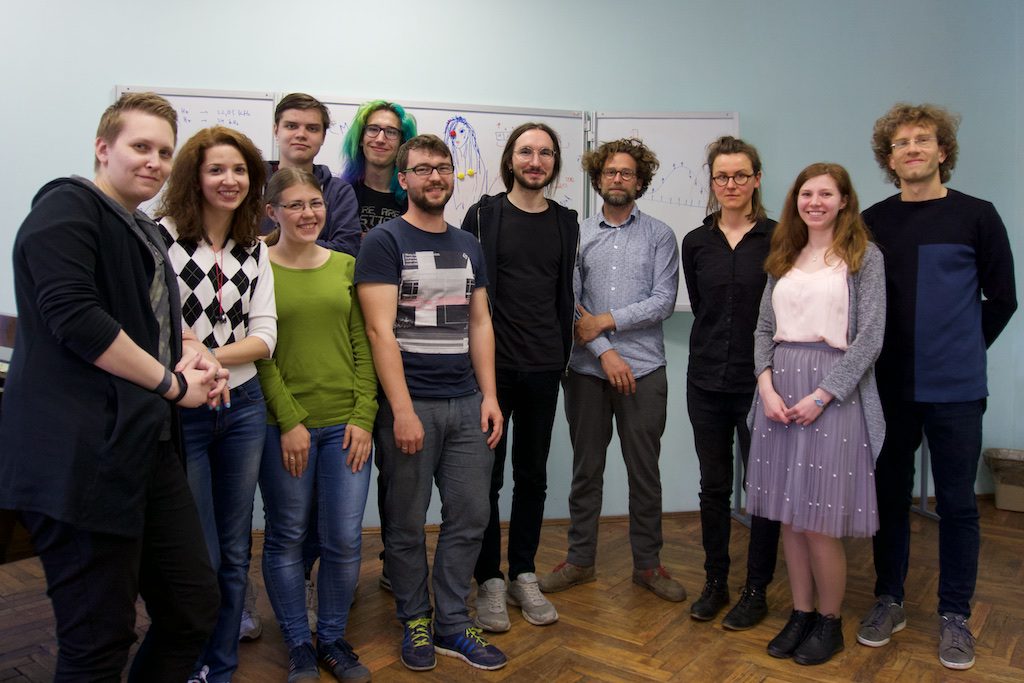Search Results for: till bovermann
Rotting sounds symposium, September 23+24
Since 2018, the project of artistic research Rotting sounds – Embracing the temporal deterioration of digital audio has been researching transformation processes pertaining to the diverse interrelations of digitally encoded information in the audio domain, its material properties and (human) interpretation within a sociocultural context. This symposium provided a room for reflection on the acquired experiences in the course of the project, to bring in external viewpoints on the relevant topics and stimulate outlooks beyond the limits of current research.
Rotting sounds is a cooperation between the University of Music and Performing Arts Vienna, the University of Applied Arts Vienna and the Academy of Fine Arts Vienna and is funded by the Austria science fund (FWF project AR445).
mdw – University of Music and Performing Arts Vienna
Anton-von-Webern Platz 1
1030 Wien, Austria
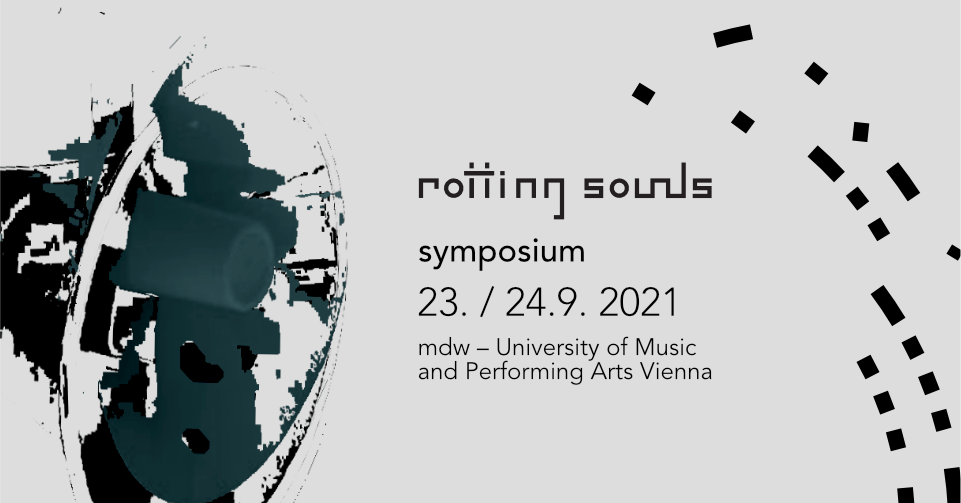
Thursday, September 23rd, 19:00-22:00
@ Klangtheater (Building V, Future Art Lab, mdw campus)
LIVE PERFORMANCES:
19:00 Till Bovermann, Dario Sanfilippo, Martin Howse, Kathrin Hunze
20:15 Castelló/Noetinger
21:00 Jasmine Guffond
Friday, September 24th, 10:00-18:00
@ Klangtheater (Building V, Future Art Lab, mdw campus)
KEYNOTES and TALKS:
10:00 Keynote by Martin Kunze
11:00 Introduction to the Rotting Sounds project by Thomas Grill, Almut Schilling and Till Bovermann
12:15 Presentation by Martin Howse
12:45 Presentation by Julian Rohrhuber (online)
13:15 — break —
14:15 Keynote by Carolin Bohlmann
15:15 Presentation by Jasmine Guffond
15:45 Presentation by Rosa Menkman (online)
16:30 Panel Discussion with Carolin Bohlmann, Angélica Castelló, Martin Howse, Martin Kunze and Almut Schilling
Friday, September 24th, 19:30-22:00
@ Klangtheater (Building V, Future Art Lab, mdw campus)
The Auditorium of Rotting Sounds can be visited through guided tours.
LIVE PERFORMANCES:
19:30 Mario de Vega
20:15 Tobias Leibetseder / Georg Zichy
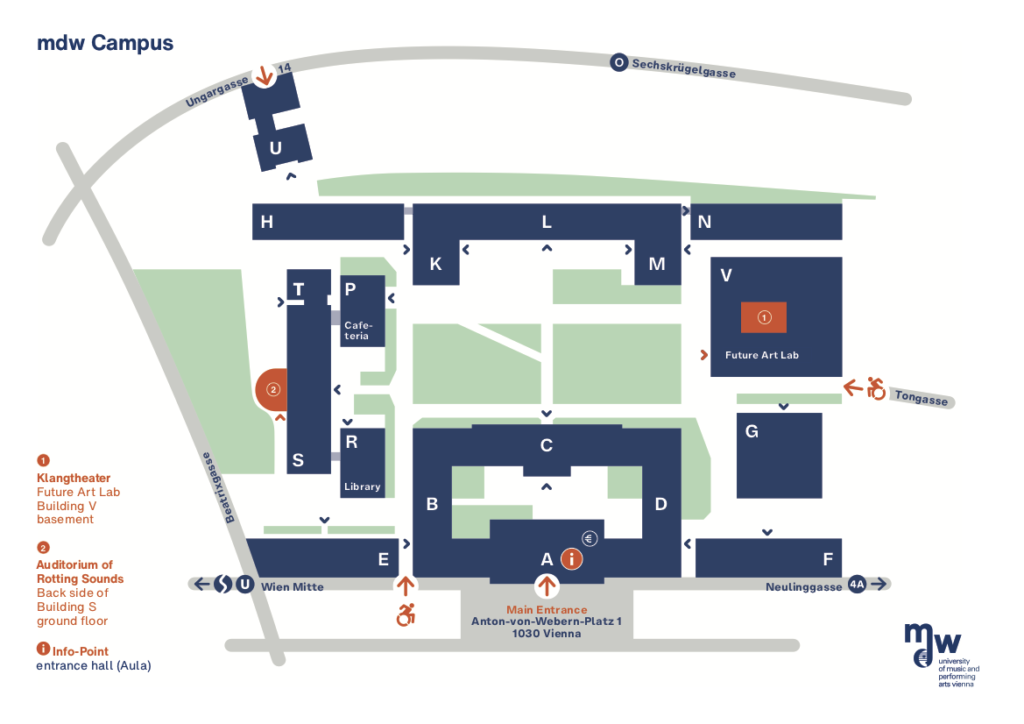
Partners:
FWF Der Wissenschaftsfonds
mdw – Universität für Musik und darstellende Kunst Wien
Universität für angewandte Kunst Wien
Akademie der bildenden Künste Wien
co-curated and produced by sound:frame

Digital Patina [a CARE-ful excavation]
Presentation for the 2021 SAR artistic research conference
Voicings of an auralist – a series of transmissions from an unknown source
A unique artifact was found in the Auer-Welsbach-Park in Vienna that was soon discovered to be a manifestation of information left behind by who could be called an “extra-human ethnologist”.
This feature portraits the excavation and restoration processes as well as what has been extracted as the content of the discovered message, telling the story of how a sonically focused being may perceive and comment on our visually dominated world.
Till Bovermann: concept, auralist text, auralist source material
Almut Schilling: concept, forensics text, material excavation
Thomas Grill: concept, analysis
Tobias Leibetseder: concept, production, mixing
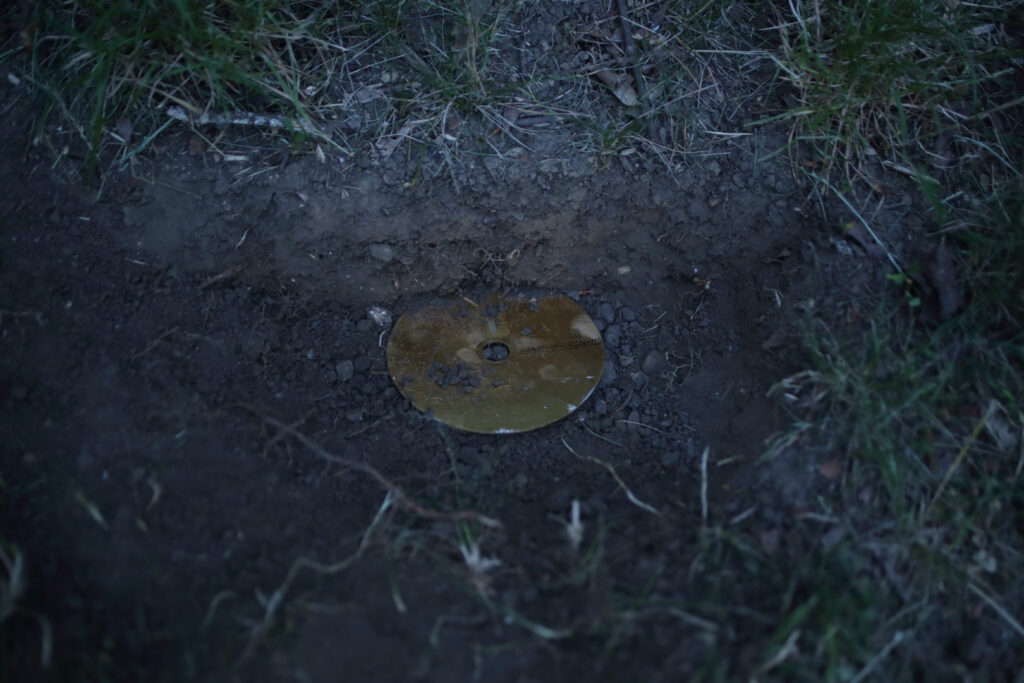
Presentations:
March 16, 16:15 CET (online) as a chapter of the new book
Knowing in Performing. Artistic Research in Music and the Performing Arts
Presentation event: https://www.mdw.ac.at/veranstaltung/?v=2616934
Registration: knowinginperforming@mdw.ac.at
Book chapter: https://doi.org/10.14361/9783839452875-008
March 21 23:00 CET, as a radio feature in ORF Ö1 Kunstradio:
Live and 7 days streaming service: https://oe1.orf.at/programm/20210321/631453/Die-Vergaenglichkeit-von-digitalem-Klang
Kunstradio (with MP3 download): http://kunstradio.at/2021A/21_03_21en.html
Please tune in, using your radio or via stream
faust 1bit audio library at IFC2020
As announced earlier, we (Till Bovermann and Dario Sanfilippo) presented bitDSP, a library for the “faust” DSP programming language to integrate bit-based synthesis, at the International Faust Conference 2020.
Here you can find the corresponding paper as pdf. There’s also a video of the presentation. If you’re curious to use it yourself, feel free to give it a try!
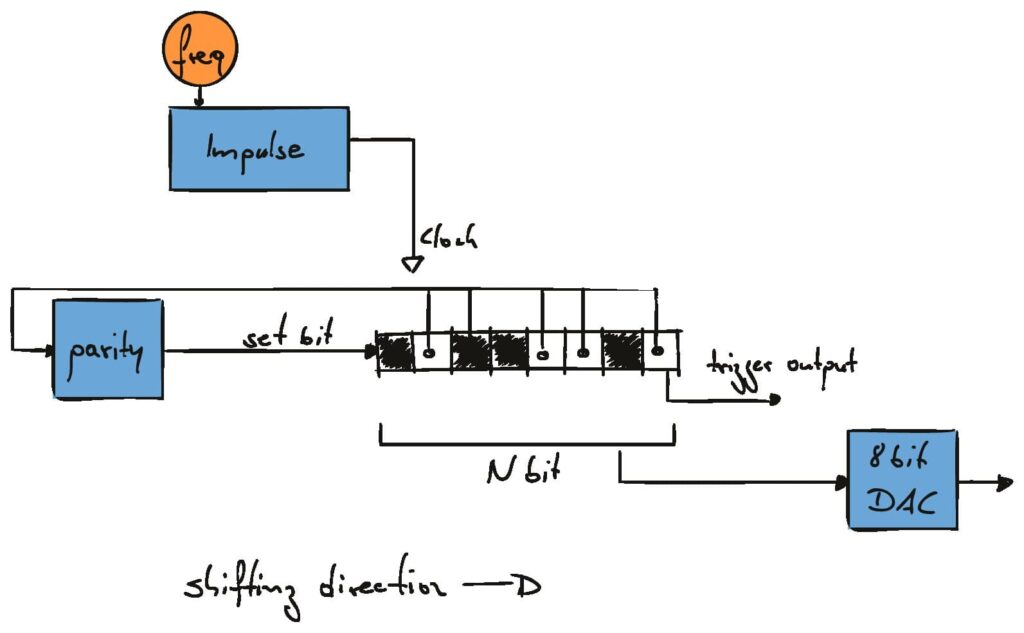
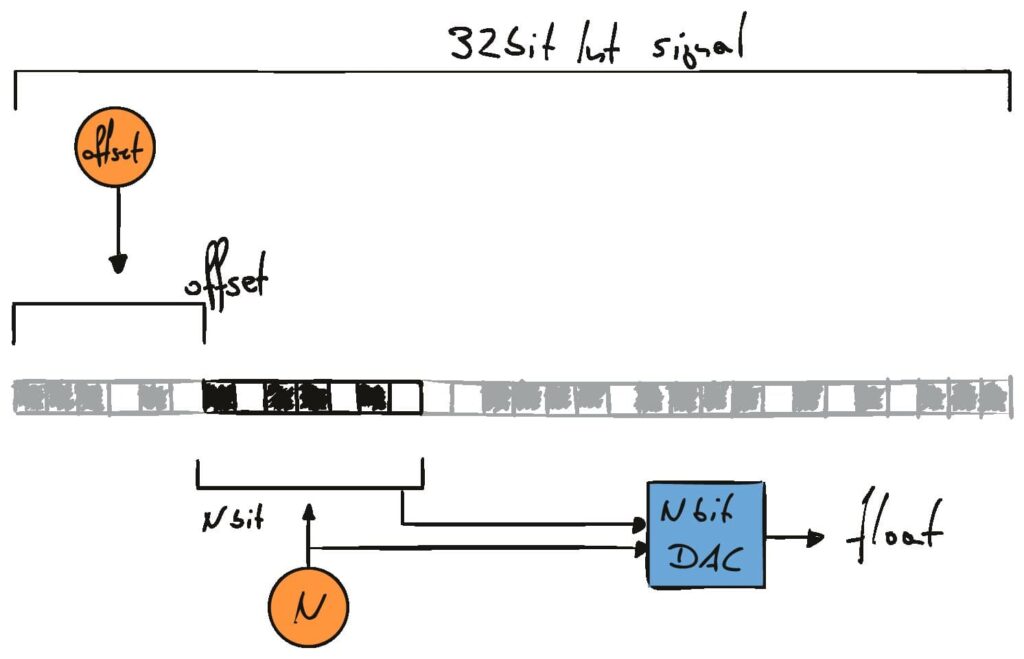


paper at IFC 2020
We will present our work on 1-bit audio at the International Faust Conference 2020 taking place on 1.12.2020 and 2.12.2020 at the Maison des Sciences de l’Homme Paris Nord. Our presentation will be about the bitDSP faust library developed by Till Bovermann and Dario Sanfilippo.
Performance at Sound Campus, Ars Electronica Festival Linz, September 11
Thomas Grill, Till Bovermann and Kathrin Hunze will perform “merge and dissolve”, an audiovisual performance concept in the SOUND CAMPUS program, part of the Ars Electronica Festival 2020.
This performance involves three interactants, two predominantly working in the audio domain (Thomas Grill and Till Bovermann) and one focusing on a visual counterpart (Kathrin Hunze). We generate and exchange streams of 1-bit audio, a signal representation with properties of both the digital and analog domain that we have already been investigating in the artistic research project “Rotting sounds – Embracing the temporal deterioration of digital audio” (FWF PEEK AR445-G24). With simple switchboard matrix devices, we channel such bit streams between the individual performers and through simple processing modules, like delays, logical operators, etc., generating feedback and interferences on the way. These phenomena are made audible and are also mirrored by a visual representation of particle streams, forming directed jets and point cloud aggregations.
11. September 2020 – 20:10 – 20:35
Hauptplatz 6, Glashörsaal D (H6.DG.04)
4020 Linz, Austria
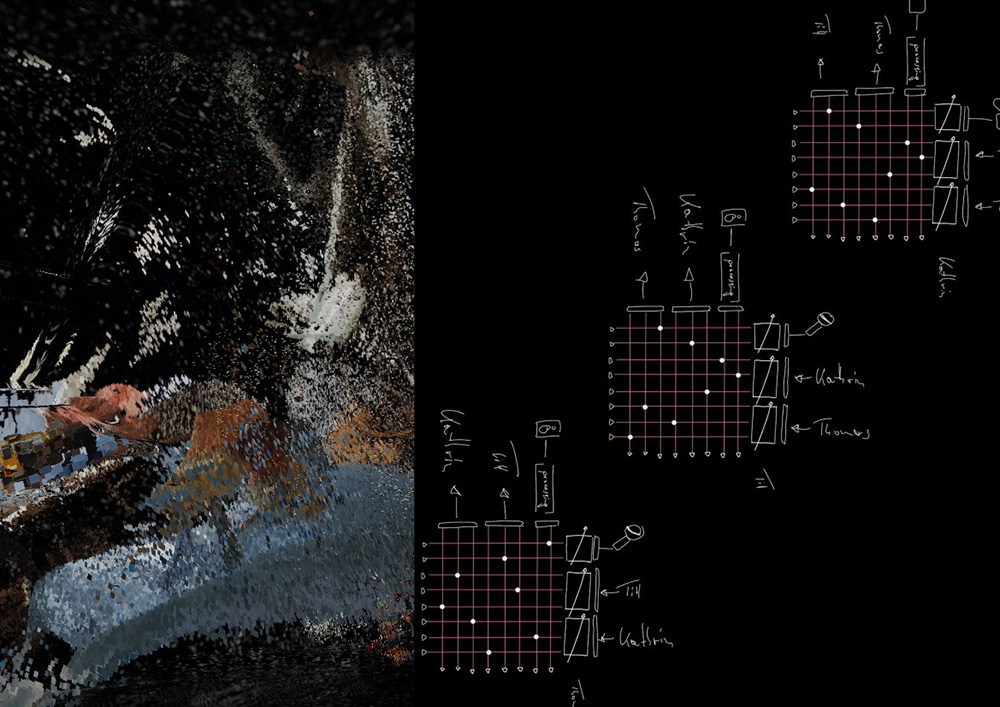
Materialities symposium, Sussex University, Brighton, December 4+5
Thomas Grill and Till Bovermann will represent activities of the Rotting Sounds project within a fast-paced symposium on the subject of materialities in music making.
Duo Performance @ the Rosehill Arts: December 4, 9pm
Thomas Grill – Musical material
Probing of fragments of deceased instruments by use of digital sound. Sounding the materials, shapes, resonances – tracing remnants of a musical life.
Till Bovermann – Buffer manipulations
Probing and fragmentation of deceased digital sound. Sounding the materials, shapes, resonances – tracing remnants of a brief ephemerality.
Masterclass and Round table/panel discussion: December 5, 10-13h
Notions of materiality and influence on practice
Topics relating to notions of materiality and influence on practice are discussed by a panel of academics/composers and performers. This promises to be a lively debate relating to media archeology, liveness and audience perspective.
Participants include Evelyn Ficarra, Tom Richards, Till Bovermann, Thomas Grill and others.
European Researchers’ Night, September 27
We took part in this year’s European Researchers’ Night, showcasing a broad range of research projects at the University of Applied Arts Vienna.
From our ongoing research, we presented a couple of exemplary positions, such as Tobias Leibetseder’s “Fragments“, Almut Schilling’s and Till Bovermann’s “CD-R(ot)“, a part of Almut’s “The Carrier” installation, Till’s take on “Data Forensics”, as well as Thomas Grill’s “Mutual understanding” and “Reference Tone“.
Rotting sounds masterclass at Herzen University, St.Petersburg, May 23
The “rotting sounds” researchers Thomas Grill, Till Bovermann and Almut Schilling were invited to conduct a masterclass at the Institute of Music, Theater and Choreography of the Russian State Pedagogical University A.I. Herzen, above all with the students of Andrey Bundin.
After an introductory presentation on the concepts of the research projects, we worked with/on “digital artefacts” that each of the participants brought to the workshop. The focus was on the notion of the “digital trinity”, we have established, consisting of storage material, information content, and interpretation.
Re-interpretation
Buffer Manipulations in Supercollider.
Recording of the live performance “Buffer Manipulation” by LFSaw (Till Bovermann) at the opening of the Auditorium of Rotting Sounds. Includes bonus track.
